
It’s About Trust
…we should not expect our generation to be spared from trials and tests. Every generation before us has had a test that they have had to confront...

“God is my light and my salvation, whom shall I fear? God is the stronghold of my life, of whom shall I be afraid?” (Psalm 27:1).
Questions: To help prepare us for Rosh Hashanah, the Jewish New Year, we read Psalm 27 twice a day starting on the first day of the month of Elul – a full month before Rosh Hashanah begins.
The psalm begins with the rousing words: “God is my light and my salvation.” In the Jewish tradition, the moon is often used as a metaphor for the Jewish people and some of our most important holidays – i.e. Pesach (Passover) and Sukkot (Tabernacles) – take place when there is a dazzling full moon in the sky. On these special days, when the light of the Jewish people is shining most strongly, we recall the many miracles of salvation that God performed for us when He took us out of Egypt and protected us during our wandering in the wilderness.
Yet on Rosh Hashanah, the time of the year when the Jewish People joyously proclaim that God is our King with prayer and blasts of the shofar, the night sky is dark. Only the tiniest sliver of moon hovers above the horizon – and it can be seen only if you have very good vision and know exactly where to look.
So why did God ask us to proclaim Him “King” on this day, when all is so dark that it is possible to ask: Where is God’s light?
And how, during the thousands of years of persecution and Holocaust, did our ancestors manage to say with honest conviction – while often under threat of a sword at their necks – the words, “God is my salvation, whom shall I fear?”
And as we are faced today with yet another difficult period in Jewish history – when Jewish blood is being spilt every week on the highways and city streets of Israel – where do we find the strength to say with surety: “God is the stronghold of my life, of whom shall I be afraid?”
How do we say the words of this psalm (and not just mumble them) when salvation seems so far away and all the “strongholds” we once believed that God had given us – whether they be armies or peace treaties – have proven to be ineffective to protect us against our enemies?
Answers: There are no easy answers to these questions, which is perhaps why there are 150 psalms and not just one. But first let’s take a look at when we say this psalm to see if we can learn more about what it is trying to teach us.
Psalm 27 is recited at the end of the Maariv (evening) prayer service and at the end of the Shacharit (morning) prayer service for a period of seven weeks – from the first day of the month of Elul until Shemini Atzeret (the 22nd day of the month of Tishrei).
Why do we need to say it both in the morning and at night, and why for seven weeks?
According to Rebbe Nachman of Breslov (Likutey Moharan I, 1), the concept of “Day” suggests wisdom – a time when the light bulb goes on, our questions are clarified and our problems are solved. “Night,” on the other hand, is a time when knowledge is lacking – a time when “we’re in the dark” and groping for answers.
One might think that the world would be a better place if it existed always in a state of sunshine. But that is not the way that God created the universe:
In the beginning God created the heaven and the earth. The earth was chaos and desolate, and darkness was upon the face of the deep; and the spirit of God hovered over the face of the waters. And God said:
“Let there be light.” And there was light. (Bereishit, I, 1-2)
There are two important principles that can be drawn from these two opening verses of the Torah.
The first is that all creation begins with darkness. If we want to see and enjoy the light, we first have to be willing to experience the dark.
Anyone who has ever written a story, created a piece of art or devised a business plan knows that it is a two-stage process. First, there must first be a period of sorting through a jumble of half-formed ideas, following paths that lead to dead ends, and even almost coming to despair that the work will ever be successfully completed. The flash of insight, the moment of clarity when all the pieces of the puzzle come together, can only happen after the work of the “night” has been done.
But when we are in the first stage, how do we have the faith to see the project through to its completion? When we are in a period of intense emotional darkness, how do we summon up the courage to believe that there really is light at the end of the tunnel?
Our ability to remain optimistic comes from the second principle, which tells us that even in the darkness, God is there. He is hovering over the face of the deep, dark waters, waiting for us to do the necessary preliminary work – set up the electrical circuits, so to speak – so that He can throw the switch and turn on the lights.
These principles can be seen at work in the concepts that lie behind the Jewish “day,” which begins at night and ends on the following day when the sun once again sets.
The first prayer that we say on the new day is Maariv – the evening prayer. The custom of reciting Maariv was established by Yaakov (Jacob). According to Reb Nosson, the foremost disciple of Rebbe Nachman, Yaakov was able to foresee the long years of exile that the Jewish People would have to endure – and he saw that it would become increasingly difficult for his descendants to serve God. He therefore gave us the Evening Prayer, where we are reminded that even during our darkest moments, we still have a sure-fire path back to God.
Shacharit, the Morning Prayer, was instituted by Avraham (Abraham). Avraham was the first Jew, and he gained his knowledge of God only through undergoing a series of increasingly difficult tests. Yet he began each test with enthusiasm. In fact, the Torah tells us that even for his last and hardest test – the test of being asked to sacrifice his son Yitzchak (Isaac) – he arose early in the morning to do God’s will.
Shacharit, therefore, is the time when we acknowledge that a new day has begun – and with it, a whole new series of tests. Although during the day we will find answers to the questions we had the night before, these answers will, in turn, lead us to even more questions – and another night.
We experience this night-day-night cycle on a daily basis, but it also sets the pattern for the monthly cycle. On Rosh Chodesh, when we begin a new Jewish month, the night sky is dark. Only an expert eye can see the little sliver of moon. When we are in the middle of the month – and fully absorbed in that month’s work – the darkness of night is dispelled by the glow of the full moon that lights up the sky. But then, as the month draws to a close, the moon begins to wane and darkness once again reigns – until we begin the process again.
During the seven weeks that we recite Psalm 27, we experience a cycle of darkness-light-darkness-light-and waning light. In other words, we are asked to see that just as in our daily lives there are ups and downs – flashes of inspiration and moments of frustration – so, too, are there high and low points that stretch across a broader canvas of time.
On Rosh Hashanah we take this principle even further. We review the past year, and recall those times when we effortlessly sailed past every obstacle in our way and the times when we couldn’t even get out of bed without stubbing a toe. We look forward to the coming year with optimism that it, too, will bring us moments of success and happiness – while at the same time we know that there will also be moments of frustration and confusion.
On this day, however, we are asked to expand our vision even further. On Rosh Hashanah we blow the shofar, and our tradition tells us that as we hear those awe-inspiring blasts we should be reminded of several important events in the “history” of the Jewish People – both past and future.
- the shofar, itself, reminds us of the near sacrifice of Yitzchak and the ram that was substituted in his place; by extension, we recall all the Patriarchs and Matriarchs, from whom we are descended
- a shofar sounded when we received the Torah at Mt. Sinai
- the words of the Prophets are likened to the sound of the shofar, and they mention the shofar in their description of the destruction of the Temple in Jerusalem
- the prophet Yeshayahu (Isaiah) says that the Ingathering of the Exiles during the time of Mashiach will be accompanied by the blast of the great shofar
- both the Great Day of Judgement and T’chiyat HaMeitim (resurrection of the dead) are associated with the sounding of the shofar
Jewish history is one long cycle of dark followed by light followed by dark followed by light. Out of the darkness of pagan idolatry came the Patriarchs and Matriarchs. Their descendants suffered slavery in Egypt before God redeemed them and gave them the Torah at Mt. Sinai. The first period in the Land of Israel reached its apex with Dovid Hamelech (King David) and his son Shlomo Hamelech (King Solomon), and its nadir with the destruction of the Temple.
During our present 2,000-year-long exile we have suffered from persecution, Inquisition, pogrom and Holocaust, but this same exile produced the Talmud, Chassidut, the Mussar school and the impetus to return to the Land of Israel.
And what of the future? The call of the shofar reminds us that this exile, too, shall one day come to an end. When Mashiach comes and the End of Days begins, we will be privileged to experience the great light that will permeate the world when God’s presence is revealed.
But while all this may be very nice on a theoretical level, what can we do to see God’s light and his salvation when we are still stuck in the darkness of exile today?
The main weapon we have in our spiritual arsenal is bitachon – trust. What exactly does the word trust mean?
According to our sages (Chazon Ish, Pele Yo’etz and others), trust in God does not mean believing that God will fulfill all one’s wishes and prevent harm from befalling a person. Instead, trust is the whole-hearted belief that nothing is accidental. Everything that happens – both good and bad – occurs only because God decrees it to happen. Trust means accepting that God has a plan for us as individuals – and for the Jewish People as a whole – a plan that may not have been the one we would have chosen for ourselves, but is the one that is the best for our ultimate good.
On the Shabbat before Rosh Hashanah, we read the Torah portion of Nitzavim. Although much of this portion has to do with teshuvah – returning to God – in the middle of the portion is a harsh series of curses that foretell what will happen if we persist in straying from the path that God has chosen for us. Our names will be blotted out, we will be exiled from the Land of Israel and the Land will lay desolate.
The harshness of these words is enough to knock the breath out of you – especially when we know that the curses came true. Yet the Midrash Tanchuma, when commenting on this particular Torah portion, states that the purpose of these curses is not to knock us down. In fact, their purpose is quite the opposite. The Midrash points out that the word “Nitzavim” means “to stand up,” and it goes on to say that it is these very curses that made the Jewish People “stand up” and become “the Jewish People.”
Without experiencing our difficulties as a nation, we could not have achieved our greatness as a people. And without experiencing difficulties on a personal level, we would not bother to do our tikkun (repair) and grow into the persons we were meant to be.
Rabbi Berel Wein, who writes a weekly column for The Jerusalem Post and often writes about the current “situation” in Israel, has commented that we should not expect our generation to be spared from trials and tests. Every generation before us has had a test that they have had to confront – and each generation’s courage and fortitude in meeting that test is what adds one more brick to the spiritual legacy of the Jewish people.
But even if we work on ourselves so that we will be able to have this trust, does that mean we shouldn’t pray to God for the good or express our hope that the darkness will pass? Of course not. Our psalm closes with the following words:
Hope to God, strengthen yourself and He will give you courage; and hope to God. (Psalm 27:14)
Rashi, the great 11th century commentator on the Torah, interprets this verse to mean that if a person’s prayers are not accepted the first time, he or she should pray again and again. Even if we have to offer up the same prayer thousands of times – and for thousand of years – we must never lose faith that:
God will not forsake His people nor forsake His heritage (Psalm 94:14).
Rabbi Yaakov Meir Shechter, in his book In All Your Ways (Yesod, 1994) tells a humorous story about how trust in God’s salvation – even in the darkest of times – can build a tangible stronghold in this world:
A group of mice once fell into a deep pail of milk and began to drown. Some members of the group surveyed the situation and immediately began to despair. Sure that death was staring them in the face, they became so paralyzed by fear that they gave up and let themselves drown. Other members of the group, however, refused to lose hope. They started to jump as high as they could in an attempt to take in one more gasp of breath. Even though every time they jumped up, they immediately fell back down into the milk again, they refused to believe that everything was lost and that God had forsaken them. In the end, it was their very act of jumping up and down again and again that saved them – because the more you stir up milk, the more it congeals and when milk congeals you get…a nice clump of butter. The mice climbed up on top of the clump of butter, and from there they were able to escape safely from the pail.
I have seen how this principle works in my own life. A few years ago I went to Rome, where, like most tourists, I visited the ruins from the Roman Empire – the very same Empire that destroyed the Temple in Jerusalem some 2,000 years ago and sent the Jewish People into our present exile.
Imagine that you were in Jerusalem at that moment, when the Temple was burning and the citizens of Jerusalem were being carried off to captivity in chains. Looking on that scene, who would have believed that it would be the Jewish People who would survive as a nation, and that the Romans would fade into the annals of history just a few hundred years later.
Yet there I stood, almost 2,000 years later looking down at “the glory that was Rome.”
I don’t imagine for a moment that I have the privilege of living in Jerusalem because of my own merits. I am here only because my relatives – generations stretching back 2,000 years – refused to give up hope. Even as the nations of the world taunted and tormented them, they begged, cried – and perhaps even jumped up and down – as they prayed to God to end the exile and return His people to the Land of Israel.
Now it is my turn to beg, cry – and even jump up and down – as I pray to God to please bring His blessing of peace to His People Israel and the Land of Israel.
It is my turn to trust that even though God may not answer my prayer today, I should not give up hope. God’s plan for the world – for me and for all the people in it – is unfolding exactly as it should. I may not like the way this plan is unfolding, and I may not understand why things have to be this way. But whether I am in a period of “day” or “night,” my first job is to add another brick to the Jewish People’s fortress of faith.
And what is this fortress of faith? It is the sukkah – the fragile, temporary booth that Jews build on the holiday of Sukkot to commemorate the booths the Jewish People lived in as they wandered through the desert for forty years.
By the time Sukkot arrives, we have already repeated Psalm 27 twice daily for six weeks. During this final seventh week – as the full brightness of the moon reaches its peak, and then begins its descent into darkness – we have an opportunity to show that we have absorbed this psalm’s teachings.
The Zohar, an important kabbalistic work, refers to the sukkah as the “shelter of faith.” As we fulfill the mitzvah (obligation) of dwelling in the sukkah for the seven days of the holiday, we are reminded that it is not “the work of our hands” that protects us from our enemies or the storms of nature. Only God’s “Clouds of Glory” offer true protection in this world.
But because it is so difficult to reach this level of faith, when we say the Grace After Meals during Sukkot, we add at the end the sentence, “The Compassionate One, may He raise for us King David’s fallen sukkah.”
What is this fallen sukkah of David?
Kabbalah explains that there is both an inner intellect and a surrounding intellect. The inner intellect is all that we are able to understand with our own minds. The surrounding intellect, however, is that which is outside us – that which is beyond our capability to grasp with our minds.
The surrounding intellect, in Kabbalah, is referred to as a sukkah. Our job, as Jews, is to recognize that this surrounding intellect exists – that there is a greater intellect than our own that guides everything that happens in this world. But there’s yet another step, which is called reaching the level of Sukkat David (King David’s sukkah).
Sukkat David is achieved when we are able to pass from darkness into light by admitting that we don’t understand everything that happens in the world, yet still have faith that God is guiding the world in a way that will lead to our ultimate good.
When I bring this level of knowledge into my daily, worldly life, I am living my life surrounded by Sukkat David. When, God forbid, I forget that there is a Higher Wisdom and forget that it is God who is guiding the world, I am living in a state called “David’s fallen sukkah.”
According to Rebbe Nachman of Breslov, all of us must go through periods of emotional or spiritual darkness when we are living in “David’s fallen sukkah.” But even when we think, with our inner intellect, that all is hopeless, we should never give in to despair. We must hope, and pray, that God will raise for us David’s fallen sukkah, and believe that the very difficulties we have been going through will create a vessel to receive God’s light.
The holiday period ends with Shemini Atzeret. We now leave the sukkah, and we end our recitation of Psalm 27. The moon is waning, and the darkness is gaining – but we are no longer totally in the dark. With our spiritual sukkah – our shelter of faith – we can begin to illuminate our world with God’s light and catch a glimpse of God’s salvation hidden behind the daily headlines. This task cannot be accomplished in a day. It can take months, years and even decades. But if we keep focused on building our fortress of faith, we’ll be too busy to be afraid.
***
Libi Astaire is the author of Choose Light! Chassidic Tales for Chanukah, Rosh Hashanah, Sukkos, Passover & Shavuos; Breakfast with Rav Zusha and Other Stories to Wake Up Your Soul; and the award-winning Jewish Regency Mystery Series. Visit her website for more information about these and other books.


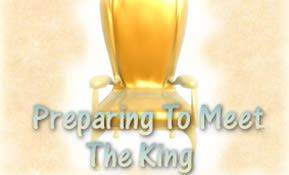
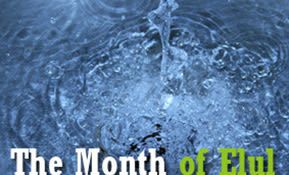

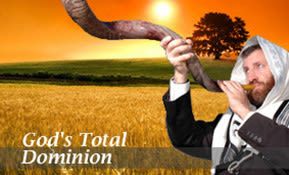
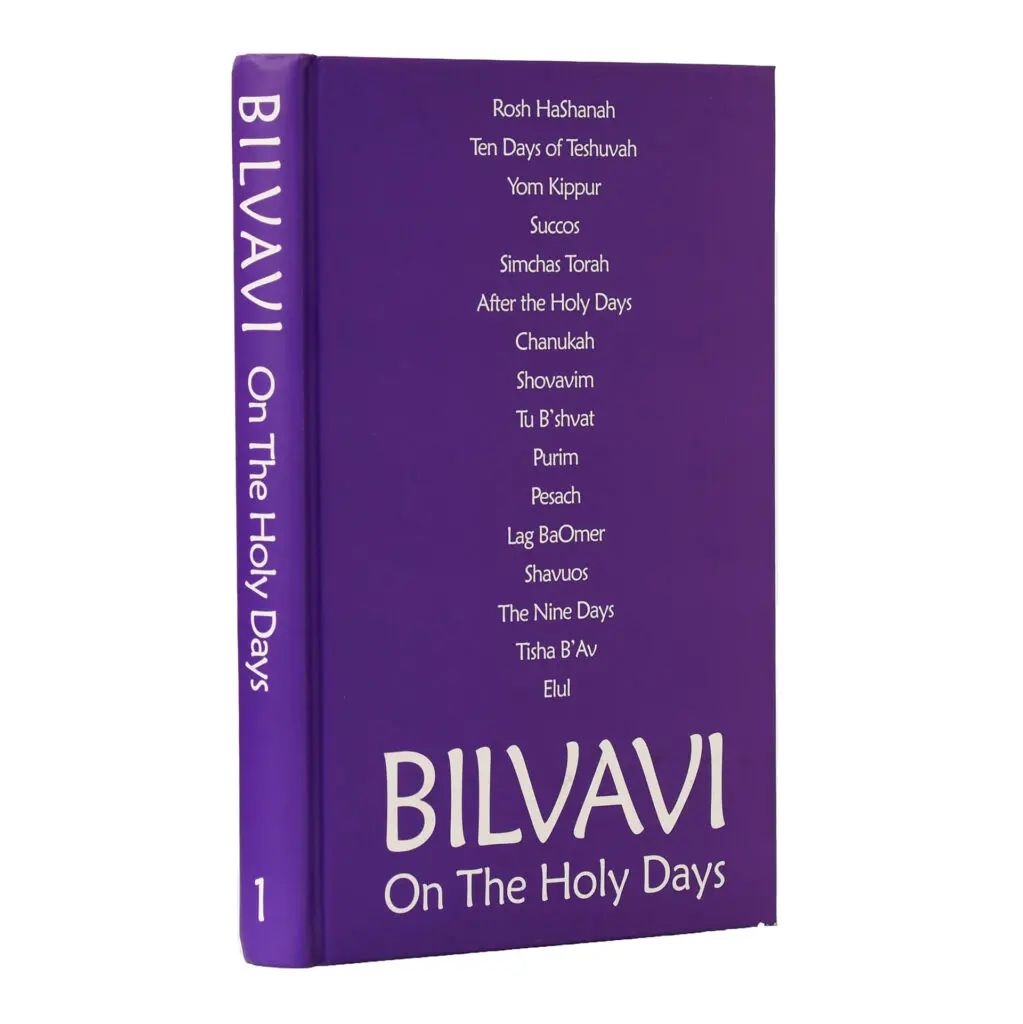
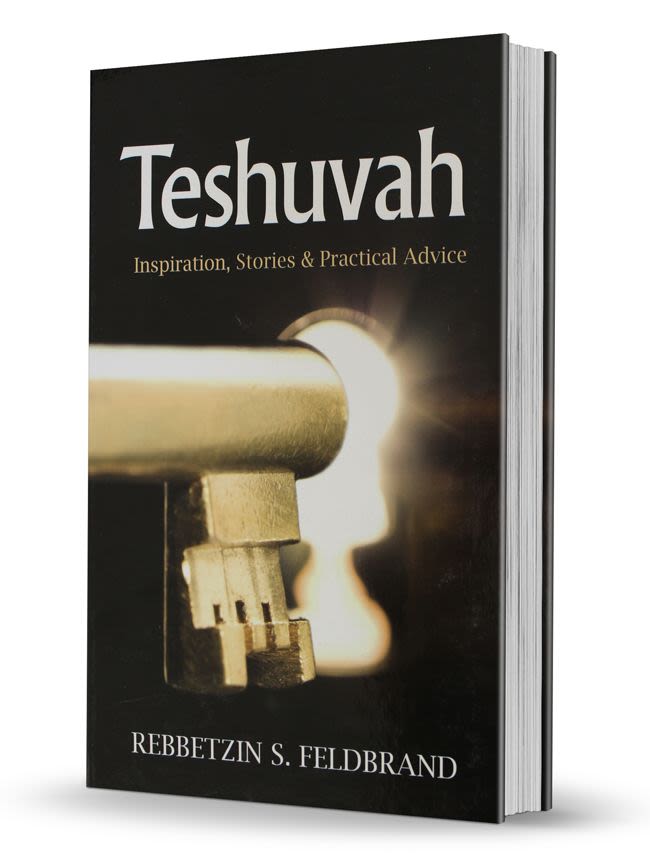
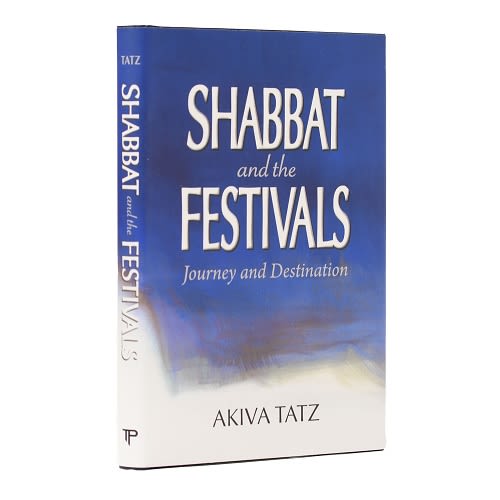
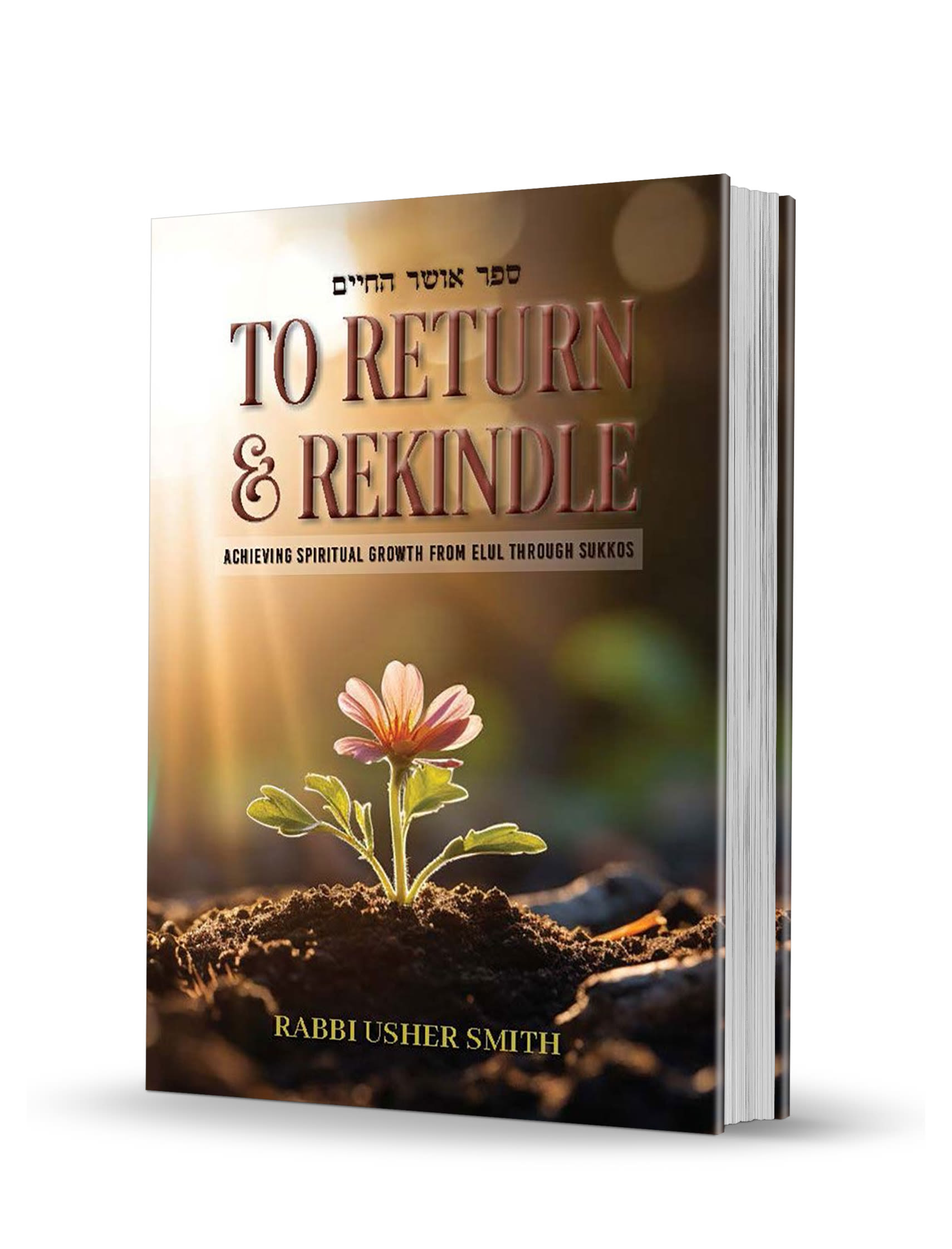
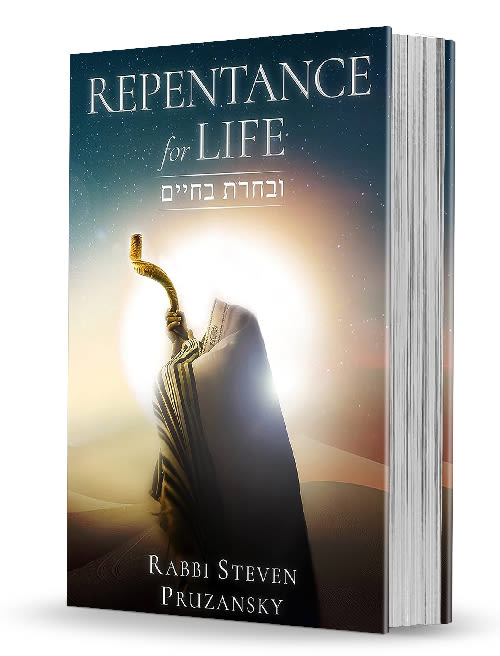
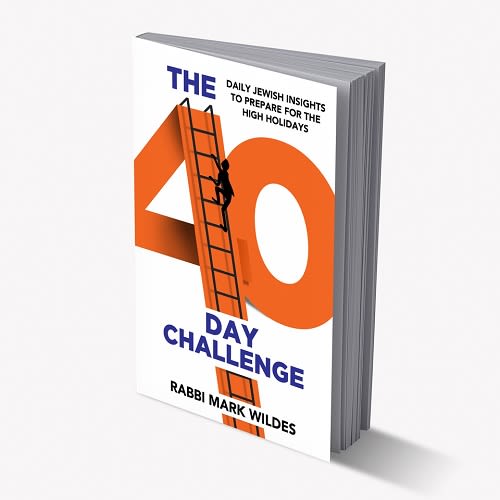
Tell us what you think!
Thank you for your comment!
It will be published after approval by the Editor.